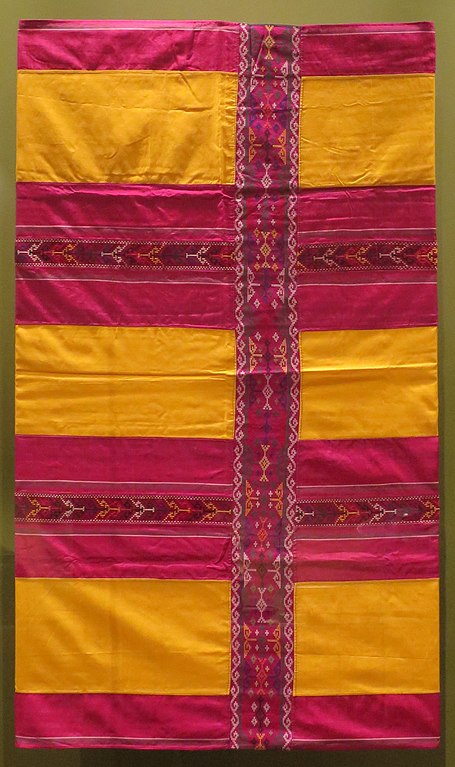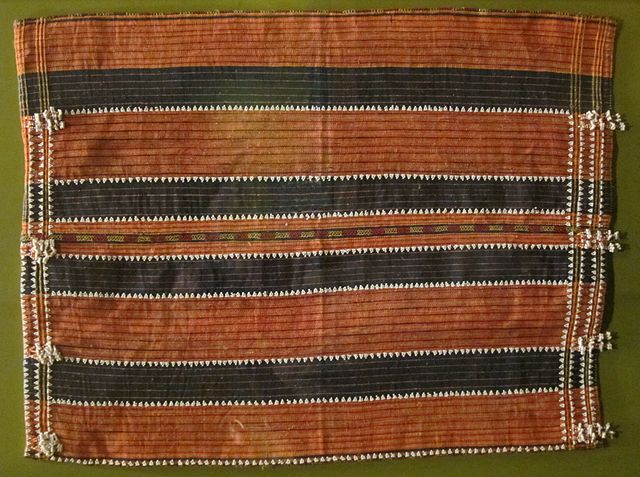
Thammasat University students interested in ASEAN studies, the Philippines, history, political science, sociology, law, and related subjects may find it useful to participate in a free 23 June Zoom webinar on The Future of Fact-Checking in the Philippines.
The event, on Friday, 23 June 2023 at 9am Bangkok time, is presented by ISEAS – Yusof Ishak Institute, Singapore.
The TU Library collection includes several books about different aspects of fact-checking.
Students are invited to register at this link:
https://us06web.zoom.us/webinar/register/WN_kDy5LMfvS8K4PTnlVDzD9Q#/registration
The event webpage explains:
About the Webinar
The Philippines has been dubbed as “patient zero” in the global struggle against disinformation. “Fake news”, social media powered “alternative media”, and fact-checking became key electoral integrity issues in the 2016 and 2022 Philippine presidential elections. More recently, attempts to curb disinformation included fact-checking initiatives led by academics, journalists, and non-governmental organisations. While these initiatives brought fake news to the public agenda, their reach and efficacy have been limited. There are also preliminary studies suggesting that fact-checking may even intensify cognitive biases and promote political support for disinformation-spreading politicians. Given this, how can fact-checking be enhanced to truly and meaningfully counter disinformation?
This webinar explores the future of fact-checking beyond elections and toward the information ecosystem that pervades ordinary Filipinos’ everyday lives. It unpacks the connections between technology and disinformation in a perniciously polarised environment. This webinar explores questions including: What fact-checking initiatives were used in the Philippines and were they effective in countering disinformation? How can media platforms and politicians be held to account? What challenges do fact-checkers face in the Philippines and what are the lessons for other countries in Southeast Asia?
About the Speakers
Dr. Ma. Diosa Labiste is an Associate Professor in the Department of Journalism, College of Mass Communication at the University of the Philippines-Diliman.
Dr. Edson C. Tandoc Jr. is an Associate Professor and the Associate Chair for Research at the Wee Kim Wee School of Communication and Information at Nanyang Technological University, Singapore. He is the Director of the Center for Information Integrity and the Internet (IN-cube).
Ms. Yvonne T. Chua is an Associate Professor of journalism at the University of the Philippines in Diliman, Quezon City.
In an article posted on the website of Fulcrum, published by the ISEAS – Yusof Ishak Institute, Dr. Ma. Diosa Labiste observed:
The 2022 presidential election in the Philippines saw fact-checkers fighting an uphill battle against widespread efforts to misinform and disinform Filipino voters, but some key lessons were learned.
In the 2019 and 2022 Philippine elections, the presence of networks of information manipulators, intermediaries, and their supporters drove the exponential growth of disinformation. This problem accrued from a trend toward creating hyper-partisan content to gain votes. The instigators’ outright use of inauthentic social media accounts and resort to using inflammatory language were part of their strategy to boost engagement and reach.
Fact-checking emerged as a journalistic subfield associated with the press’ traditional watchdog function. In a democracy, fact-checking is a non-partisan activity of verifying the factual accuracy of statements of politicians and other personalities, regardless of their political affiliation.
However, Filipino fact-checkers mostly dealt with false claims from the Marcos-Duterte campaign in the 2022 elections. The pair benefited from false narratives that denied facts about human rights violations, kleptocratic plunder, and censorship during the martial law years from 1972-1986. These false claims burnished the images of the candidates’ fathers, whose strongman rule — albeit at different times — undermined the country’s democratic norms. Their denials generated huge followings on social media. It is also possible that some of the interactions came from bots and paid trolls. For example, one false claim that no Marcos Sr. critic was arrested during martial law earned 187 million “views” and tens of thousands of “likes” on Facebook. […]
The challenge of battling election-related disinformation is how to hold candidates accountable for the truthfulness of their statements when there are no clear disincentives against disinformation.
In the home stretch of the 2022 electoral campaigning, these false claims were billed by Tsek.ph as a “firehose of falsehood”. This term describes a disinformation strategy marked by rapid, repetitive, and indiscriminate falsehoods from various sources on social media. The Roman Catholic Church, which supported a poll-watch group and asked voters to be discerning, was accused of favouring the opposition led by then Vice President Leni Robredo and was targeted by pro-Marcos accounts. Opposition candidates were also assailed in social media as fronts for the insurgent Communist Party of the Philippines — a strategy known as “red tagging” — without any proof.
The deliberate intolerance of diverse views and the proliferation of disinformation adversely affected the integrity of the 2022 elections by fomenting divisiveness, confusion, and public panic in the Philippines. This makes the work of non-partisan fact-checkers crucial in future elections as they try to maintain the flow of factual and relevant information to voters. Getting the facts straight is a foundational requisite for healthy discourse among citizens in a democracy.
As a pioneer in collaborative fact-checking, Tsek.ph’s growth was attributed to the participation not just of news media professionals and universities, but also of civil society and other stakeholders. In the 2022 elections, Tsek.ph welcomed non-media fact-checkers whose advocacies range from good governance to voters’ democratic participation. Advocacy fact-checkers contributed substantially to more than 1,000 fact-checks published by Tsek.ph from November 2021 to June 2022.
Marcos Jr. and Sara Duterte winning in 2022 may have initially discouraged Tsek.ph’s fact-checkers, who may think their work did not make a difference. Still, the experience gave them impetus to rethink their work in preparation for future elections.
First, fact-checkers should hold social media platforms accountable if the latter do not formally commit to deleting posts that are fact-checked and found to be disinformation. Incidentally, Google and Meta (Facebook) have provided funds for Tsek.ph. Fact-checkers should weigh their autonomy against this development. Second, fact-checking’s success is accretive. Election season fact-checking may not necessarily change voters’ minds but exposing people to the work of fact-checkers off campaign season may habituate citizens into becoming responsible voters who will more critically vet the information they read online. In time, such discerning voters may be less susceptible to undue influence or disinformation. Third, the collaborative process should be enhanced, with fact-checkers engaging policymakers who may welcome advice on how to deal with social media disinformation in elections.
Overall, the experience of Tsek.ph has highlighted the significant role that fact-checkers can play in safeguarding the information environment within which voters may make informed and meaningful electoral choices. The challenge of battling election-related disinformation is how to hold candidates accountable for the truthfulness of their statements when there are no clear disincentives against disinformation. Ultimately, supporting online spaces for public discussions that are free from disinformation and the incitement of hate is about protecting democracy.
(All images courtesy of Wikimedia Commons)


